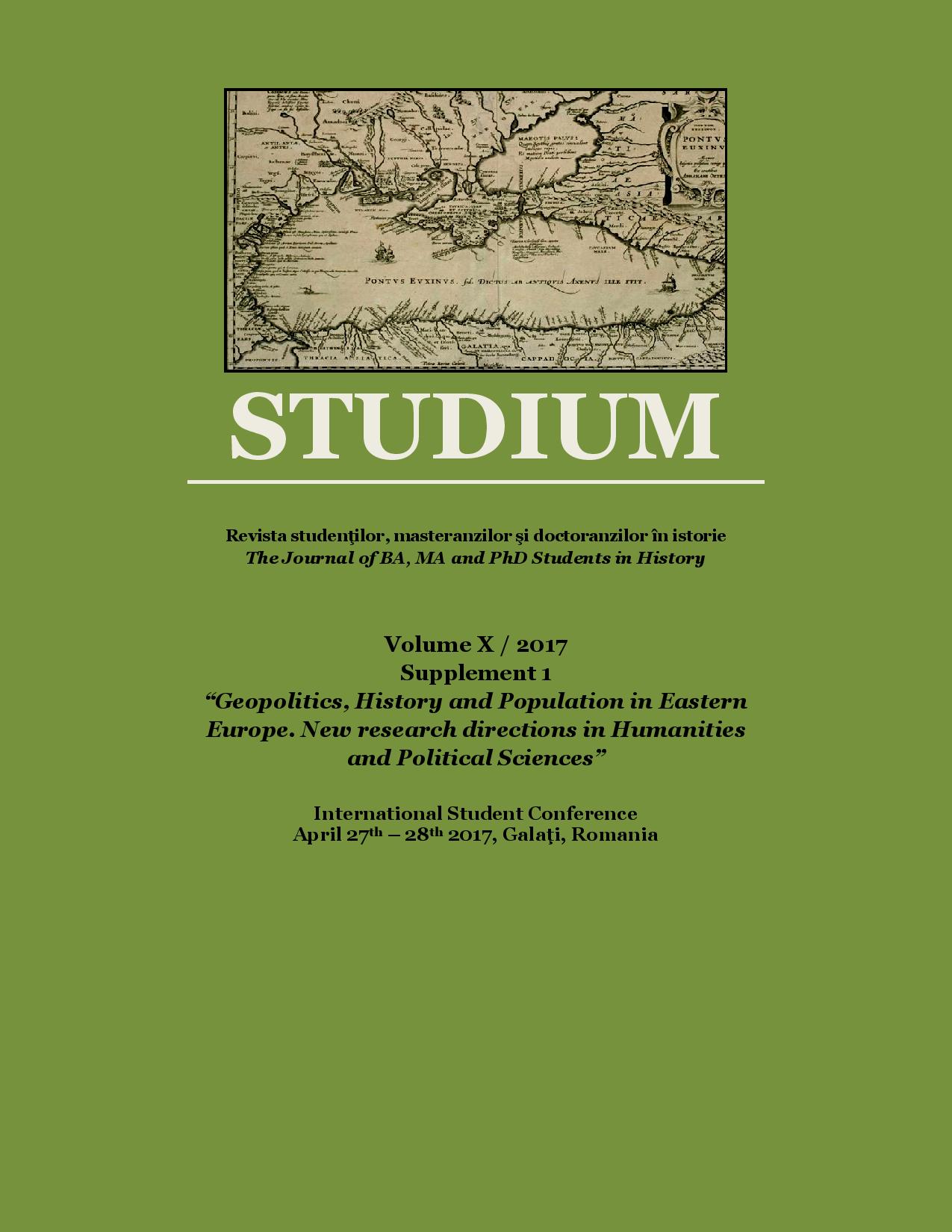În căutarea legitimităţii şi a expertizei? Rolul grupurilor de experţi în cadrul procesului de reflecţie strategică pentru elaborarea strategiei globale a Uniunii Europene
In search of legitimacy and expertise? The role of expert groups and the process of strategic reflection in the making of the European Union Global Strategy
Author(s): Andreea-Ioana DumitrutiSubject(s): EU-Legislation
Published by: Universitatea »Dunarea de Jos« din Galati -Facultatea de Istorie, Teologie și Filosofie
Keywords: expert groups; Federica Mogherini; knowledge utilization; strategic reflection;Global Strategy;Global Strategy for the European Union’s Foreign and Security Policy;
Summary/Abstract: In 2003 the first European Security Strategy was adopted. Since then, the global security environment changed dramatically. Federica Mogherini, the High Representative for Foreign Affairs and Security Policy and Vice-President of the European Commission, acknowledged this necessity and during her hearing at the European Parliament on October 6th 2014 signaled her intention to engage in a process of strategic reflection that could lead to a new European Security Strategy . In this context, the research problem departs from the consultation process initiated for the design of the European Union Global Strategy, which features two important dimensions, namely a public outreach and consultation and an institutional dimension. I focus on the involvement of expert groups, as part of public outreach and consultation, and especially on the knowledge provided by these private actors. In this direction, I use Julia Metz’s three-fold typology of the EU Commission’s use of expert groups in the policy process: problem-solving use, substantiating use, consensus-building use. This research aims to answer the following question: With what aim is the knowledge advanced by the expert groups used? The research methodology employs the qualitative approach and I will focus on the priorities set by the expert groups. The paper argues that the expertise and information provided by the expert groups helped Federica Mogherini and her team to solve a complex and difficult problem, the elaboration of a global strategy (problem-solving use). Secondly, the expert knowledge was used for substantianting and enhancing the legitimicy in the negotiation process with the member states and other institutional actors (European Commission, European Parliament) (substantianting use). Thirdly, the expert knowledge was used for consensus-building in the negotiation process (consensus-building use).
Journal: Studium - Revista studenţilor, masteranzilor şi doctoranzilor în istorie
- Issue Year: 10/2017
- Issue No: suppl.
- Page Range: 113-133
- Page Count: 21
- Language: Romanian

